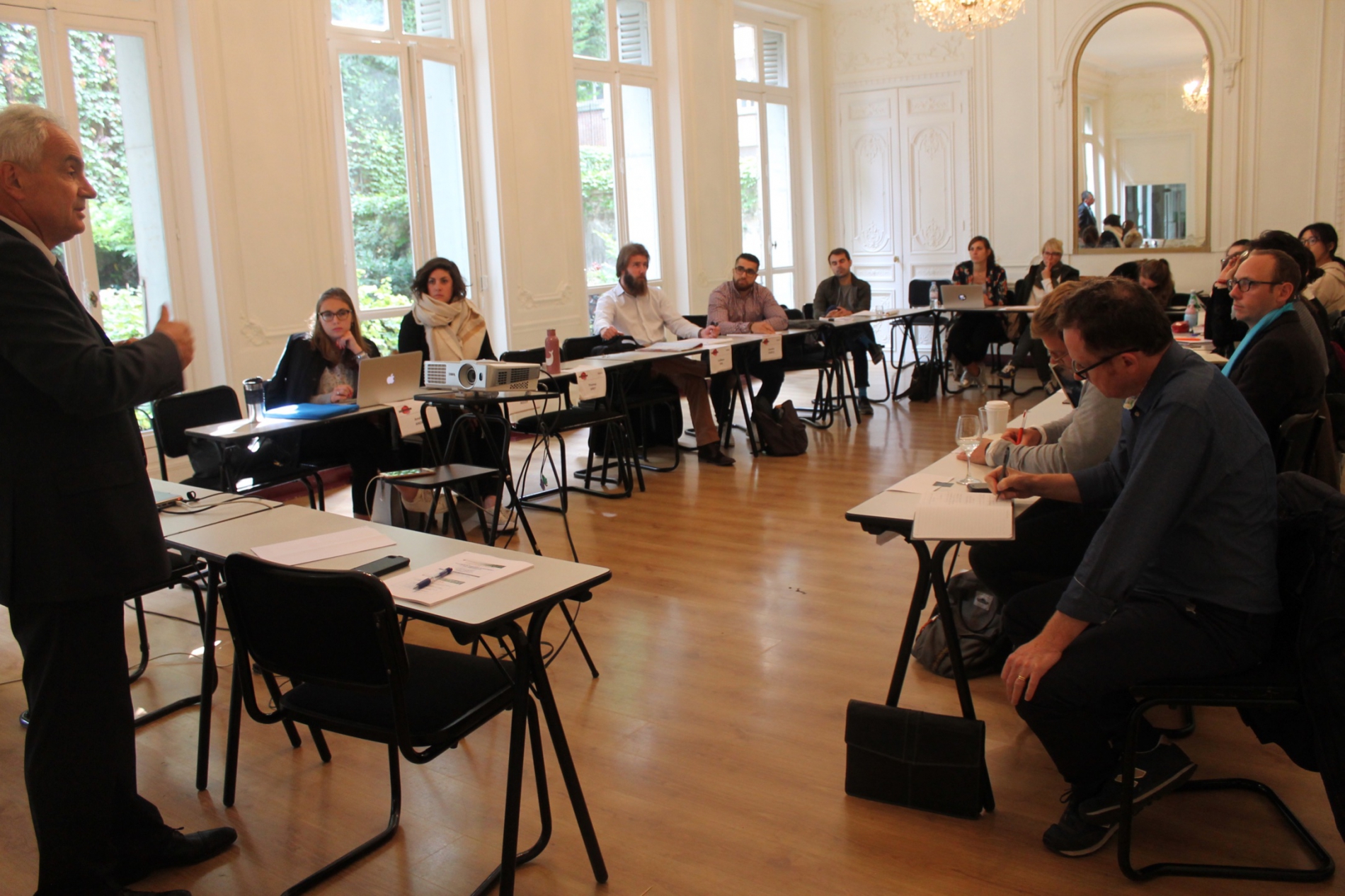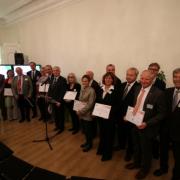
Present were multiple members of the Diplomatic body of the OIV including the President of the OIV Mrs. Monika Christmann, the Director General of the OIV Mr. Jean-Marie Aurand, the President of the OIV Awards Jury Mr. František Lipka, as well as the Scientific Secretary of the OIV Awards Mr. Jean-Luc Berger.
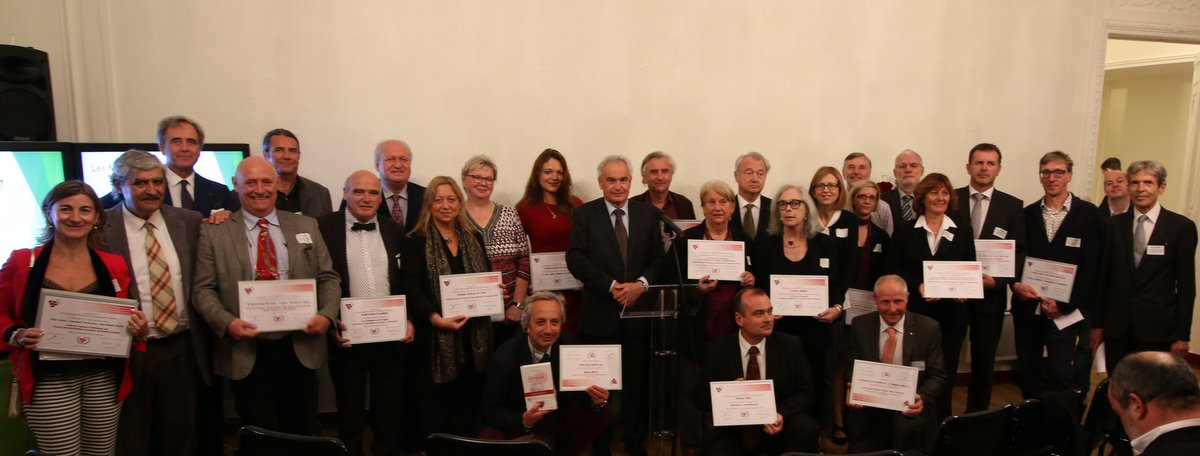
They were joined by distinguished members of the world of wine at one of the key events in the OIV calendar including representatives from publishing houses, journalists, vitivinicultural professionals and OIV Experts…
The growing success of this ‘Nobel Prize of vitivinicultural literature’ (Jean-Marie Aurand, Director General of the OIV) aims to offer current and diverse information on Vine and Wine to readers. This is spread across different subjects, technical and scientific (œnology and viticulture), economy and law, history, literature and fine arts, wine and health, wine and gastronomy, as well as the presentation of wines and the viticultural regions throughout the continents.
The rigorous selection of all the works, by the specialised evaluators from around the world, allowed for the International Jury, presided by Mr. František Lipka, to make an impartial selection from 65 submissions from 19 countries. The prizes with 10 OIV Awards and 8 Special mentions represent original works of immense quality on the cutting edge of the latest technological advances and scientific discoveries.
The quality and depth of the works in the 2017 OIV Awards are confirmation of the prestige of the OIV Awards and their standing in the vitivinicultural world. The works cover the entire vitivinicultural world including regions where vitivinicultural is not well known as well as countries that are not curently member states of the OIV.
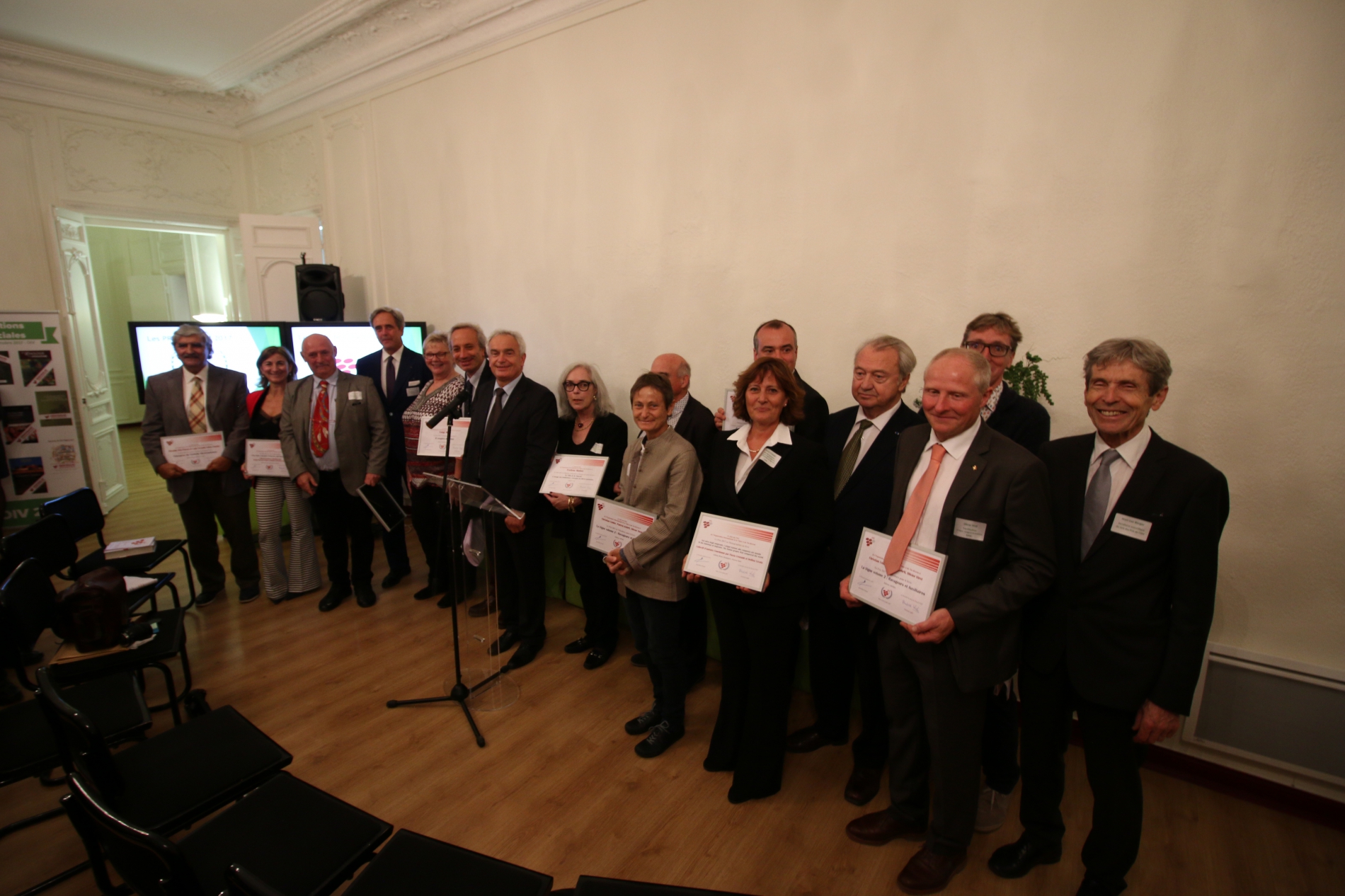
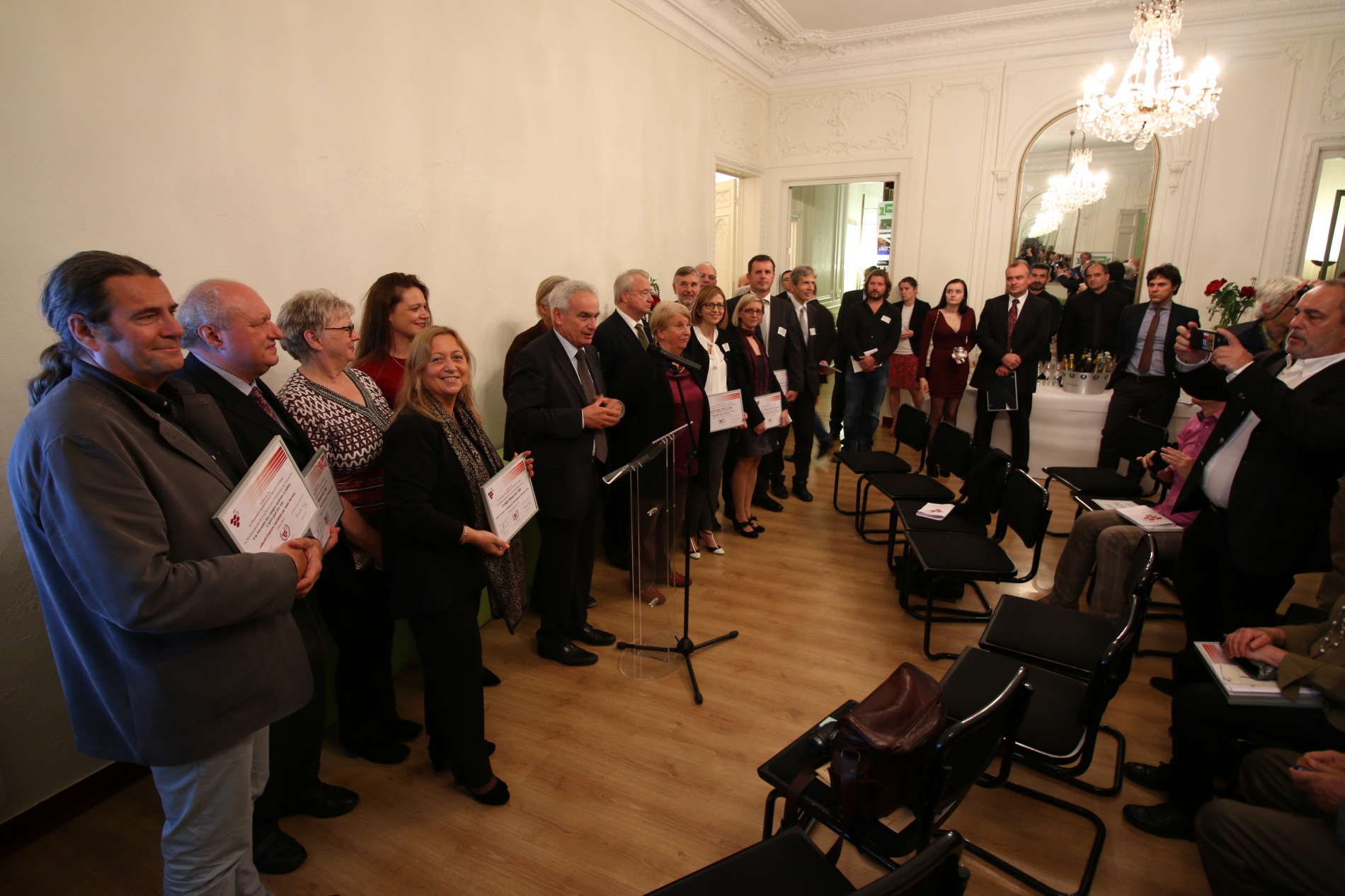
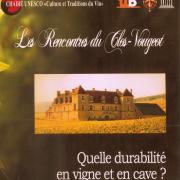
Held over three days in the heart of the Burgundy vineyards, this event brings together different actors in the vitivinicultural world (academics, researchers, vine growers, merchants, etc.) to reflect on a particular theme.
In 2017, this theme was sustainability in the vineyards and the winery, and several dozen participants took part over the three days, with foreign speakers being well represented.
At the invitation of the Head of the UNESCO Chair, Jocelyne Pérard, the OIV Director General closed the conference. On this occasion, Jean-Marie Aurand presented the OIV's activities related to sustainability, carried out through a new holistic approach first implemented in 2015.
It should be noted that the UNESCO Chair of the University of Burgundy made the application to include Burgundy vineyards on the World Heritage of Humanity list of natural and cultural sites, as viticultural sites. This recognition was granted in 2015.
There are 15 or so sites around the world associated with viticulture that have achieved this recognition. They are an illustration of the human activity, through the mark they leave on the land and through the cultural traditions with which they are associated.
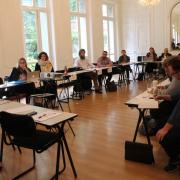
After an introduction to the OIV and its activities by the different unit heads, they were welcomed by Director General Jean-Marie Aurand, who emphasised the distinctive character of this training programme and the opportunities it offers, thanks to the network of associated universities and companies.
The specific nature of the course is designed to be mono-sectoral, multi-disciplinary, itinerant, international and experiential all at the same time; it also now has one of the most developed networks in the world of wine. Since 1987, almost 500 players and policy makers in the wine world have taken this training programme.
Before this year's class left the OIV headquarters, Jean-Marie Aurand stressed the course's international dimension, which is expressed through a curriculum that every year leads students to discover over 20 key countries on the wine planet, spread over the 5 continents.
On this 30th academic year, the OIV MSc in Wine Management will celebrate its 30th anniversary on Friday 13 October at the OIV headquarters with a special conference and tasting day.
